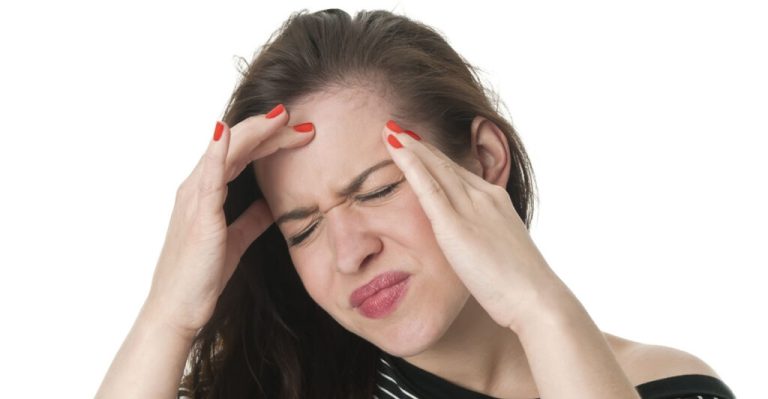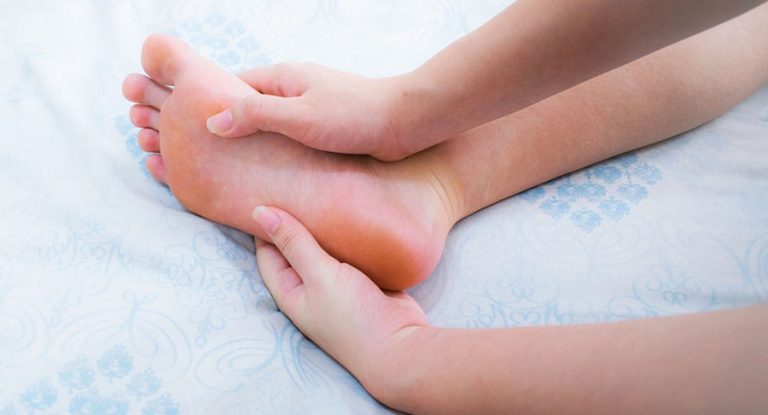Actor Fahadh Faasil Diagnosed With ADHD At 41; Know what it means
South Indian Actor Fahadh Faasil revealed that he was diagnosed with clinical Attention-Deficit/Hyperactivity Disorder (ADHD) at the age of 41. It is a neurological development disorder that fogs the brain's ability to control behaviour, impulses and attention. Faasil's latest movie. Aavesham was released on April 11, 2024. The movie received a positive response from the audience who lauded the performance of Fahadh Faasil and Sajin Gopu.
As per the sourcesFaasil revealed his disorder while addressing students of Peace Valley Children's Village at Kothamagalam. Speaking to the students, he said, “When I reached here, Mr Sabith accompanied me while touring the facilities. There is a disorder called ADHD. I asked him if it was possible to cure ADHD. He told me it is easily curable if it is diagnosed during childhood. I asked him if it could be cured if diagnosed at 41. I am clinically diagnosed with ADHD. Even if it's not that big, I too have some traits of the disorder.”
Low rates of ADHD among adults
Usually, children are diagnosed with ADHD while the possibility of adults dealing with the issue is quite low. according to the National Institute of Mental Healthonly 4.4 per cent of current adults deal with ADHD. The research also revealed that ADHD is more common among men (5.4 per cent) than women (3.2 per cent).
Faasil's diagnosis raises questions about how prevalent ADHD is among adults. It also compels us to think if adults who are in their 40s can be cured of this disorder.
Let us first understand the disorder more
What is ADHD?
ADHD is a neurodiverse condition in which the brain loses control over a person's behaviour and social interaction. The person faces difficulty in concentrating, constant restlessness and the urge to be impulsive. As the name of the disorder manifests, the person faces difficulty in maintaining attention and is hyperactive.
This mental health condition disturbs the personal and professional life. It affects relationships and creates low self-esteem. The person is not able to meet deadlines, manage time and responsibilities and perform well at work despite being capable. They also suffer from forgetfulness.
It usually develops among children of age lower than 12 years. Sometimes, the symptoms are not as clear and are ignored. Consequently, the disorder is detected in adulthood.
Causes of ADHD
The exact cause of ADHD is unknown. Research shows that children of mothers who smoked or consumed alcohol during pregnancy are likely to be diagnosed with ADHD. The disorder is also stipulated to be genetic which is common among children with premature birth.
It has been found that some patients with ADHD have one smaller and one larger part of the brain. It is a common yet chronic disorder that might last for a few years or a lifetime.
Why is it difficult to diagnose ADHD among adults?
Unlike children, adults deal with several other mental health issues that overlap with ADHD. As reports have suggested, one in five people are suffering from mental health issues. So many adults might be dealing with depression, anxiety disorder, bipolar or personality disorder. ADHD might co-exist with these disorders and hence makes it difficult for professionals to diagnose it. When combined with other mental health issues, ADHD symptoms only worsen.
However, there are a few procedures to identify ADHD. One of them is examining the health history of the patient, self-reported symptoms and responses of the relatives who stay with the patient. Another way to accurately diagnose ADHD in adults is the Adult ADHD Self-Report Scale. In this procedure, the patient is asked to answer a questionnaire which has a score for each part. If the patient scores four or more in the first part of the questionnaire, they are likely to have ADHD.
Can ADHD in adults be cured?
Studies suggest that ADHD can be cured with a combination of medicines, therapy and changes in lifestyle. ADHD patients can take stimulants like Methylphenidate and non-stimulants like Atomoxetine. This can help them manage impulsiveness, restlessness, behaviour and attention.
However, medicines must be taken only after proper diagnosis and prescription by a psychiatrist or other mental health experts.
Other than medicines, therapy can also be helpful. Cognitive Behavioral Therapy (CBT) is the most effective form of therapy. In these sessions, the patient will learn coping mechanisms, organisational skills and management and get assistance in identifying the patterns of negative thoughts and eliminating them.
Lastly, the patients also have to put in efforts to heal themselves. Regular exercise, proper diet, proper sleep schedule, relaxing and reflecting exercises like meditation and efforts to manage responsibilities using reminders, task management and other tools can mitigate the symptoms.






